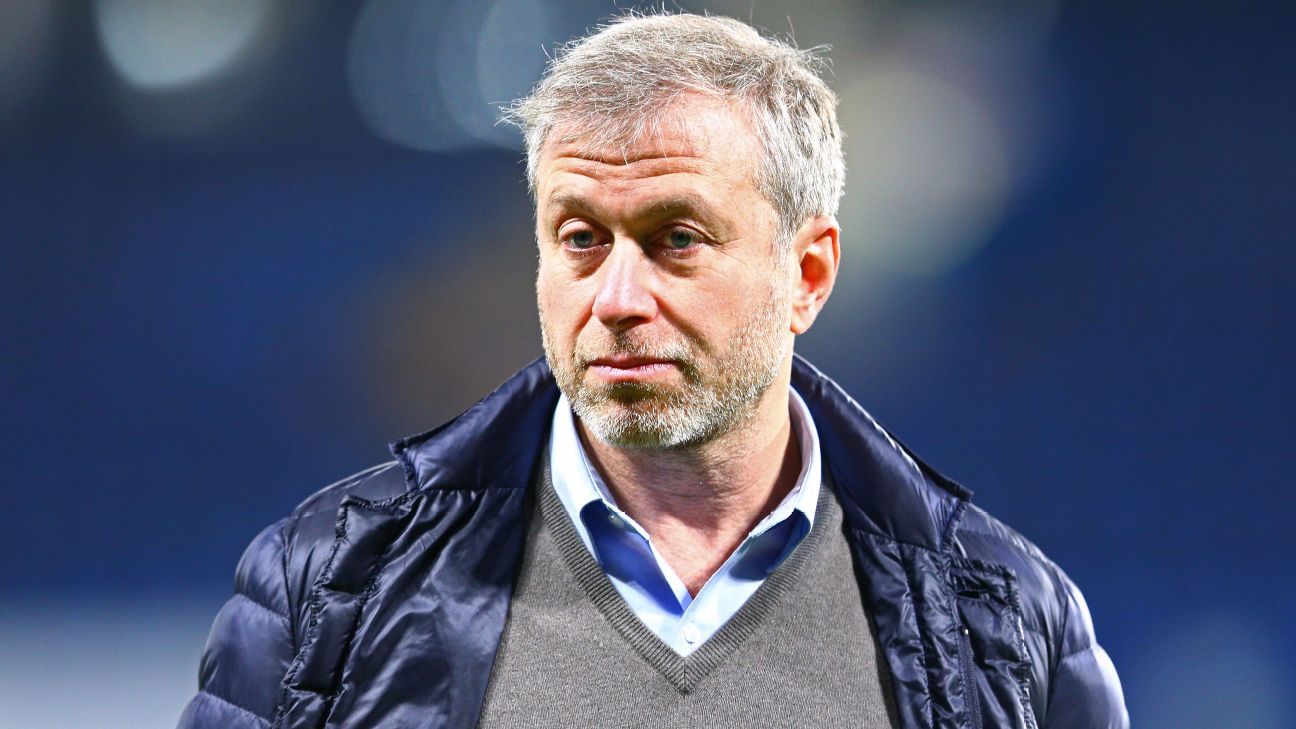
In the city famed for what is sometimes called the 'Crossroads of the World', tennis finds itself at another juncture.
Serena Williams has just exited the stage in New York. Roger Federer, ahead of her in age, is not far behind from leaving. So too, Rafael Nadal and Novak Djokovic.
Replacing this crop of superstars in the minds of the general fan is a conundrum the sport has long faced.
World number one Iga Swiatek has shown this year she has the game. Whether the 21-year-old Pole has the longevity, and the pulling power, remains to be seen.
But walk through Times Square this fortnight while the US Open is taking place - the captivating crossroads where millions of tourists are popeyed by gleaming light-emitting diodes - you will see Swiatek's face splashed across two digital billboards.
"That's probably the most popular place I've had my face on," Swiatek said.
"It's pretty amazing. It shows how much progress I have made on court but also off court that I'm in such a spot."
Williams' retirement leaves a chasm in the women's game in terms of star power.
Not only has the 23-time major singles champion showcased incredible talent on the court, she has transcended the sport through effortless marketability and a powerful voice used to shine light on a range of social issues.
For Swiatek, who describes herself as an introvert, being anointed as a spokesperson for the sport does not necessarily feel natural.
"I still haven't figured out what my role is going to be precisely," Swiatek, who plays American Jessica Pegula in the US Open quarter-finals on Wednesday, told BBC Sport.
"For me, I like to choose what I'm comfortable at and having balance of that.
"If I am going to be a voice of everything right now I'm not going to cope with being focused on my job. At the moment I'm concentrating on playing."
But taking over as the world's best player comes with increased status and scrutiny. The news conferences are fuller, the questions become of a wider scope. More emphasis is placed on the answers.
Swiatek does not always appear totally comfortable with some topics and often admits that when asked a question about something she feels she does not know enough about.
"It is a decision of any player if they want to be a voice or not," Swiatek said. "It is a tough topic because not everybody has to be a voice."
There is one issue, though, about which Swiatek is continually striving to use her voice: the suffering caused by the war in Ukraine.
When Russia invaded its neighbouring country in February there was an outpouring of sympathy for Ukraine and its people.
In the weeks that followed, many sports stars showed support in a variety of ways but Swiatek thinks a lot have quickly moved on.
Ukrainian player Marta Kostyuk, who refused to shake Victoria Azarenka's hand in New York because of Belarus' support of the Russian invasion, feels the same. She says it is human nature for some people to "get tired" of the news "no matter how terrible the things are".
"I feel like it was a short time where most of the players said something about it and then the world talked less and less about it," said Swiatek. who continues to wear a Ukraine-coloured ribbon on her hat while playing.
"It's not like I've been loud about a lot of stuff that is going on but the war is devastating and since it started it has had a big impact.
"The war is still going on and people are still suffering. We have to remember that and to help."
Poland has welcomed more Ukrainian refugees than any other country, with about 1.2m coming over the border from its easterly neighbour.
Swiatek says the impact was clear when she was walking around Warsaw when she was back home after Wimbledon.
"I noticed it has become bilingual. You can really hear and see the difference from how it was before the refugees arrived," said the two-time French Open champion, who hosted an event in Krakow that raised money for Ukrainian children affected by the war before she left for New York.
"Since the beginning of the war I have been pretty emotional about the whole situation and I also want to be united with the people in Poland who are helping.
"Our country has been really supportive and I want to be a good example of the hope we can give."
In New York, the support for Ukraine is also still clearly visible. The city has a big Ukrainian population, with a historic community in Manhattan's East Village.
The Empire State Building continues to be illuminated in the nation's yellow and blue colours for a short period every night, along with several others across the city's skyline.
On the eve of the US Open, Swiatek played doubles alongside her idol Nadal in a 'Tennis Plays for Peace' event that raised $1.2m (£1m) to support humanitarian assistance in Ukraine and surrounding regions where refugees have fled.
"It was a dream come true to play with him and especially because it was for such a great cause," she said.
"For him to be involved and showing a good example is what you would expect from the one of the GOATs [greatest of all time].
"I'm glad the players were involved in the New York event because we have an impact on other people and their behaviour. Being a good example is so important."















 Phone: (800) 737. 6040
Phone: (800) 737. 6040 Fax: (800) 825 5558
Fax: (800) 825 5558 Website:
Website:  Email:
Email: 






